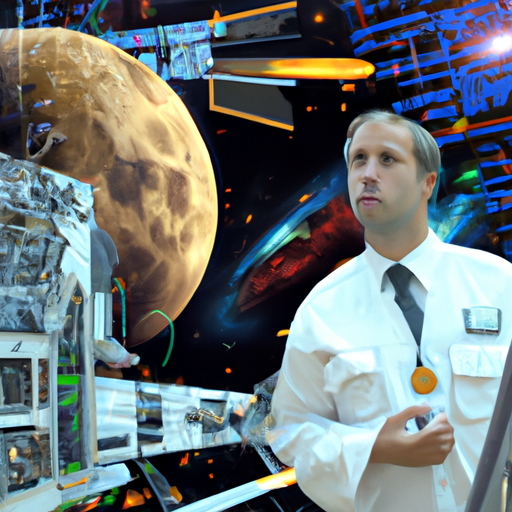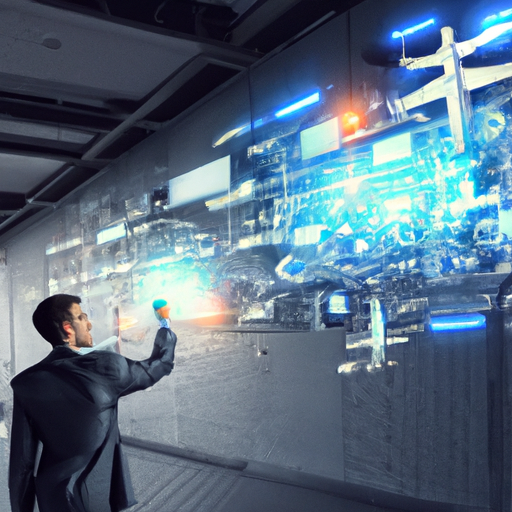Space technology has come a long way since the inception of rocketry. With each passing year, innovations continue to reshape our understanding of the universe and revolutionize the way we explore and inhabit outer space. In this blog post, we will explore some of the most significant advancements in space technology that are paving the way for future explorations and missions.
1. Reusable Rocket Technology
One of the most groundbreaking advancements in space technology is the development of reusable rockets. Companies like SpaceX have led the way with their Falcon 9 rocket, which can land vertically after delivering payloads to orbit. This technology dramatically reduces the cost of space travel, making it more accessible for commercial enterprises and governmental missions alike.
2. Satellites and Communication
The evolution of satellite technology has transformed how we communicate and gather data. New small satellite designs are providing real-time data for everything from weather forecasting to environmental monitoring. Larger satellite constellations, like Starlink, are now aiming to provide internet access to remote areas across the globe, bridging the digital divide.
3. Space Mining
As the demand for resources increases, space mining has emerged as a feasible solution. Recent advancements in robotic technology and AI are paving the way for the extraction of precious minerals from asteroids and other celestial bodies. Companies are now actively researching how to harvest materials in space, which could potentially fuel future space missions and reduce reliance on Earth-based resources.
4. Mars Exploration Technologies
With missions like NASA’s Perseverance Rover and China’s Tianwen-1, Mars exploration is at an all-time high. New technologies such as advanced landing systems and autonomous rovers are boosting our ability to explore the Martian terrain. The ongoing research aims to prepare us for potential human colonization of the Red Planet within the next couple of decades.
5. Space Sustainability Initiatives
As space becomes increasingly crowded with debris, there is a growing focus on sustainability. New technologies are being developed to track and manage space debris, ensuring a safer environment for satellites and future missions. Programs promoting satellite deorbiting and end-of-life management practices are essential to the longevity of space operations.
Conclusion
The landscape of space technology is constantly evolving, guided by innovative minds and groundbreaking discoveries. As we continue to push the boundaries of what is possible, these advancements not only foster a deeper understanding of our universe but also enhance life on Earth. As we look to the stars, the future of space exploration shines brighter than ever.
Stay tuned for more updates on space technology advancements and exploration missions!




